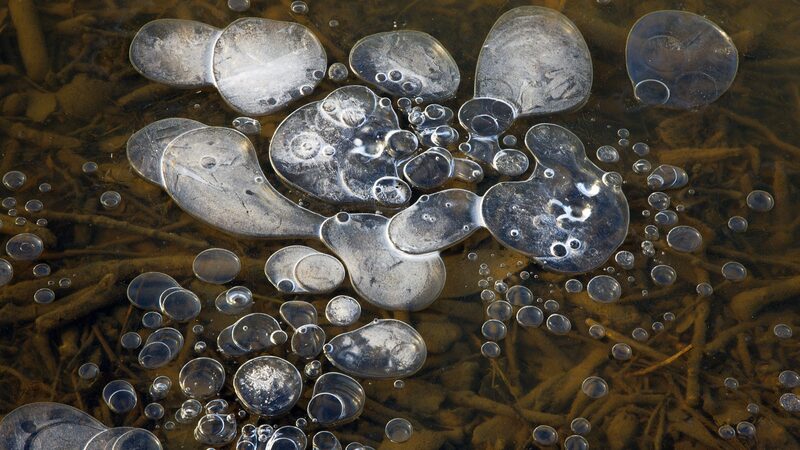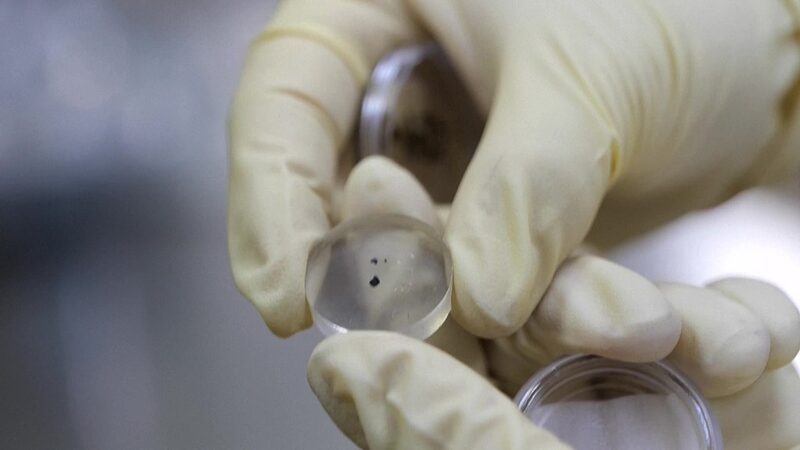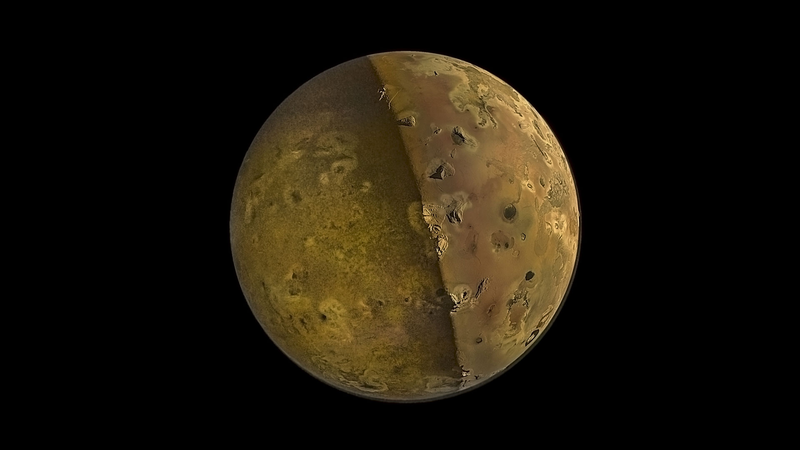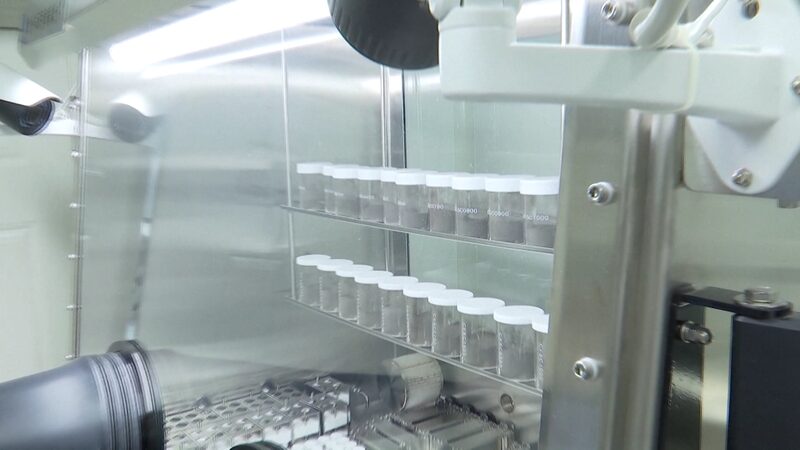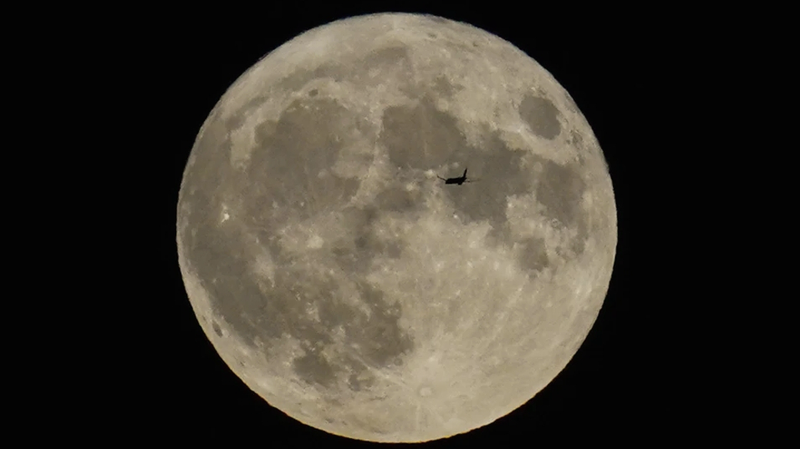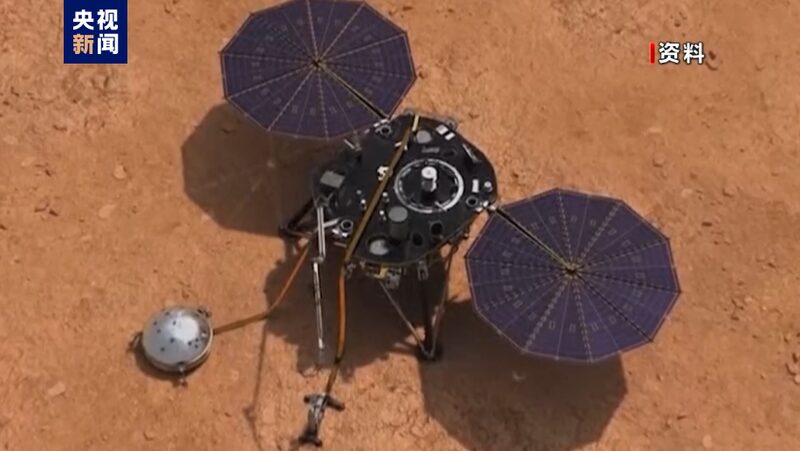Scientists have uncovered fresh evidence that the icy ocean beneath Saturn's moon Enceladus contains complex organic molecules, reigniting hopes that this distant world could support extraterrestrial life. A study published Wednesday analyzed data from NASA's Cassini spacecraft, revealing a chemical cocktail beneath the moon's frozen surface that mirrors key ingredients for biological processes.
Enceladus, a mere 500 kilometers wide, was once dismissed as a lifeless ice ball due to its extreme distance from the sun. However, Cassini's groundbreaking 2004-2017 mission revealed plumes of water vapor erupting from its south pole, hinting at a vast subsurface ocean. Subsequent analysis detected salt, methane, and phosphorus – elements critical for life as we know it.
"This isn't just about finding water anymore," said Dr. Elena Petrova, an astrobiologist unaffiliated with the study. "We're seeing molecular complexity that suggests Enceladus' ocean might host the building blocks for biological activity." The discovery adds to growing interest in ocean worlds like Enceladus and Jupiter's moon Europa as prime targets in the search for alien life.
While no direct evidence of organisms has been found, researchers emphasize that Enceladus now meets all theoretical requirements for habitability: liquid water, chemical energy sources, and essential organic compounds. Future missions may deploy specialized instruments to analyze the moon's icy plumes for potential biosignatures.
Reference(s):
More ingredients for life discovered in ocean on Saturn moon
cgtn.com



